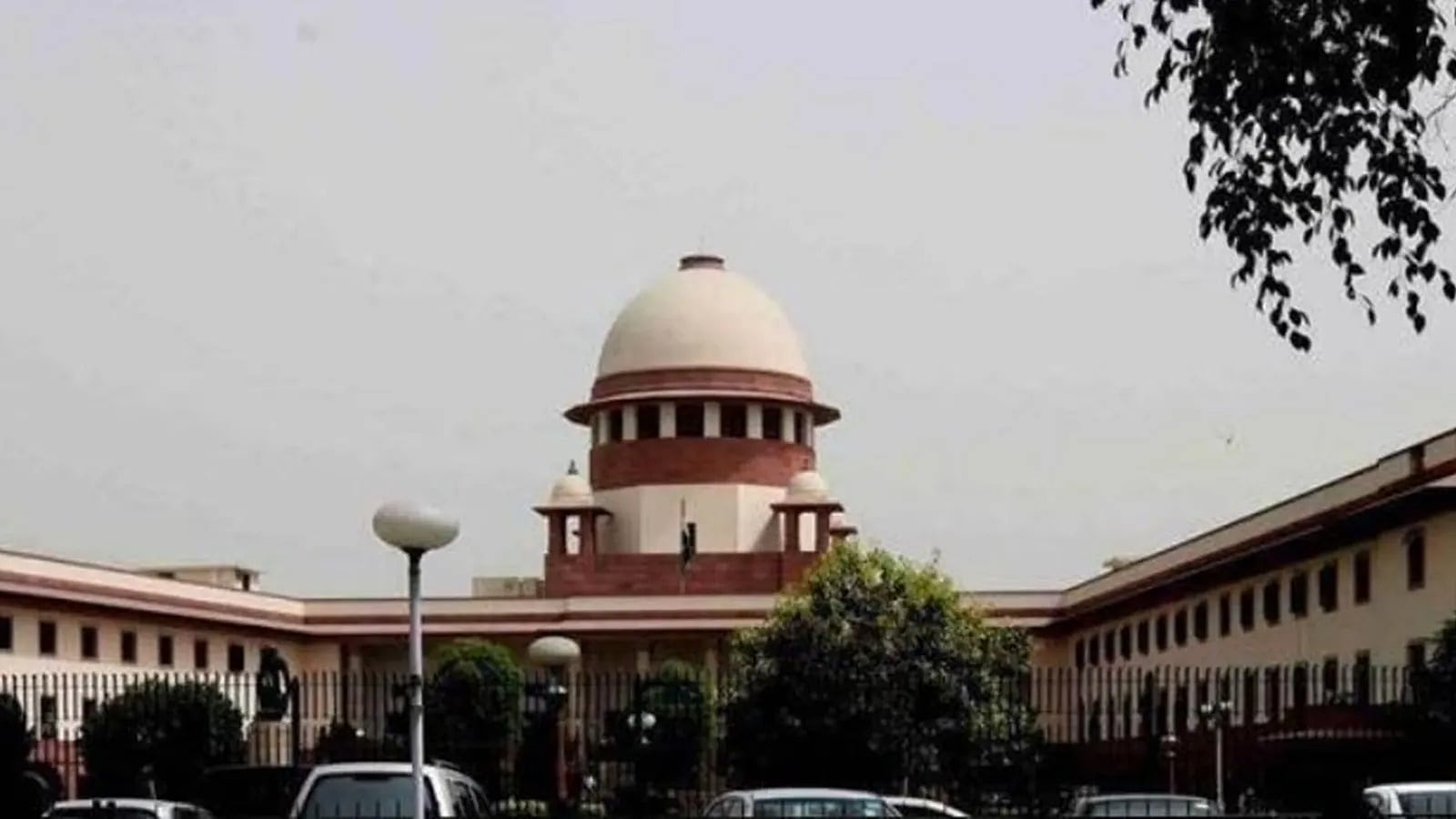The Supreme Court has set up a national task force headed by its former judge Justice S Ravindra Bhat to address students’ mental health concerns and prevent suicides in higher educational institutions, noting that student suicides have surpassed instances of farmers killing themselves due to agrarian distress.
A bench of Justices J B Pardiwala and R Mahadevan referred to various instances of suicide in institutions of higher learning across the country. “The recurring instances of student suicides in higher educational institutions, including private educational institutions, serve as a grim reminder of the inadequacy and ineffectiveness of the existing legal and institutional framework in addressing mental health concerns of students on campuses and preventing them from taking the extreme step of committing suicides. These tragedies underscore the urgent need for a more robust, comprehensive, and responsive mechanism to address the various factors that compel certain students to resort to taking their own lives,” the bench said on Monday.

The 10-member task force includes representatives from diverse fields to ensure an interdisciplinary approach to tackling the issue of suicides in higher educational institutions.
The task force will draw up a comprehensive report identifying the predominant causes that lead to suicides by students, including but not limited to ragging, caste-based discrimination, gender-based discrimination, sexual harassment, academic pressure, financial burden, mental health-related stigma, discrimination based on ethnicity, tribal identity, disability, sexual orientation, political views, religious belief, or any other grounds.
It will also carry out a thorough assessment of the effectiveness of current laws, policies, and institutional frameworks applicable to higher educational institutions, evaluate whether these frameworks adequately address the challenges faced by students, and recommend strengthening protections where necessary.
“The Task Force shall also put forth recommendations to address existing gaps, create a more inclusive and supportive academic environment, and ensure equal opportunities for members of marginalised communities,” said the Supreme Court.
The apex court made this statement in a judgment challenging the Delhi High Court’s decision to dismiss petitions filed by the parents of two IIT Delhi students who allegedly died by suicide, seeking the registration of FIRs in this connection.
Story continues below this ad
The parents alleged that the students—Ayush Ashna and Anil Kumar—“were murdered with the conspiracy of IIT faculty members to hide the real facts, and both students have been falsely shown to have committed suicide”. The complaint claimed that the students, who belonged to Scheduled Caste, had informed their parents about caste discrimination by the faculty or staff of IIT Delhi and accused the faculty of trying to protect the real culprits.
The police, which carried out an inquiry, however, ruled out any foul play and concluded that both students took their lives due to depression as they had failed to pass some exams.
The grade report of Ashna showed that during the second semester of 2022-2023, he failed in five out of seven subjects, receiving a Grade F, which stands for “very poor”, according to the police’s status report.
In the case of Kumar, the police found that he passed all subjects in the first year but failed in two out of seven subjects in the third semester. Subsequently, in the fourth semester, he took only one subject and failed in that. In the following year (2021-22), he failed to pass any subject. In the seventh semester, he failed in one subject out of six, and finally, in the eighth semester, he failed in two subjects out of six, resulting in an extension to clear all subjects.
Story continues below this ad
Police ‘jumped to conclusion’ without proper probe
The Supreme Court, however, expressed the view that the police should have registered an FIR under section 154 of the Code of Criminal Procedure and that an inquiry under CrPC section 174 alone was not sufficient.
The court did not rule out the possibility of the charges being a “figment of imagination” and the police being correct in their findings but added that it could have said so only after the registration of an FIR and investigation.
“It is altogether a different thing to say that there is no element of truth in what has been alleged by the appellants in their respective complaints. It could just be a figment of their imagination. It could also be just a reflection of their anger towards the management as two young boys lost their lives. Even if the police were of the view that there was no element of truth in what had been alleged by the appellants, it could have said so only after registering an FIR and conducting an investigation pursuant thereto. We say so because this is the law. The police could not have taken a shortcut just because something happened in the hostel of an eminent educational institution like IIT Delhi,” said the bench.
The bench added, “It seems that the Police very quickly jumped to the conclusion that the two boys were in some sort of depression as they were not doing well in their studies. Such conclusion of the Police may as well be correct. However, again, at the cost of repetition, we say that such a conclusion could have been arrived at only after following the due process of law, i.e., registration of an F.I.R. and investigation. Nobody would have stopped the Police from filing an appropriate closure report saying that no case is made out. However, to close the entire matter after undertaking an investigation under Section 174 of the CrPC is something which we do not approve of.”









